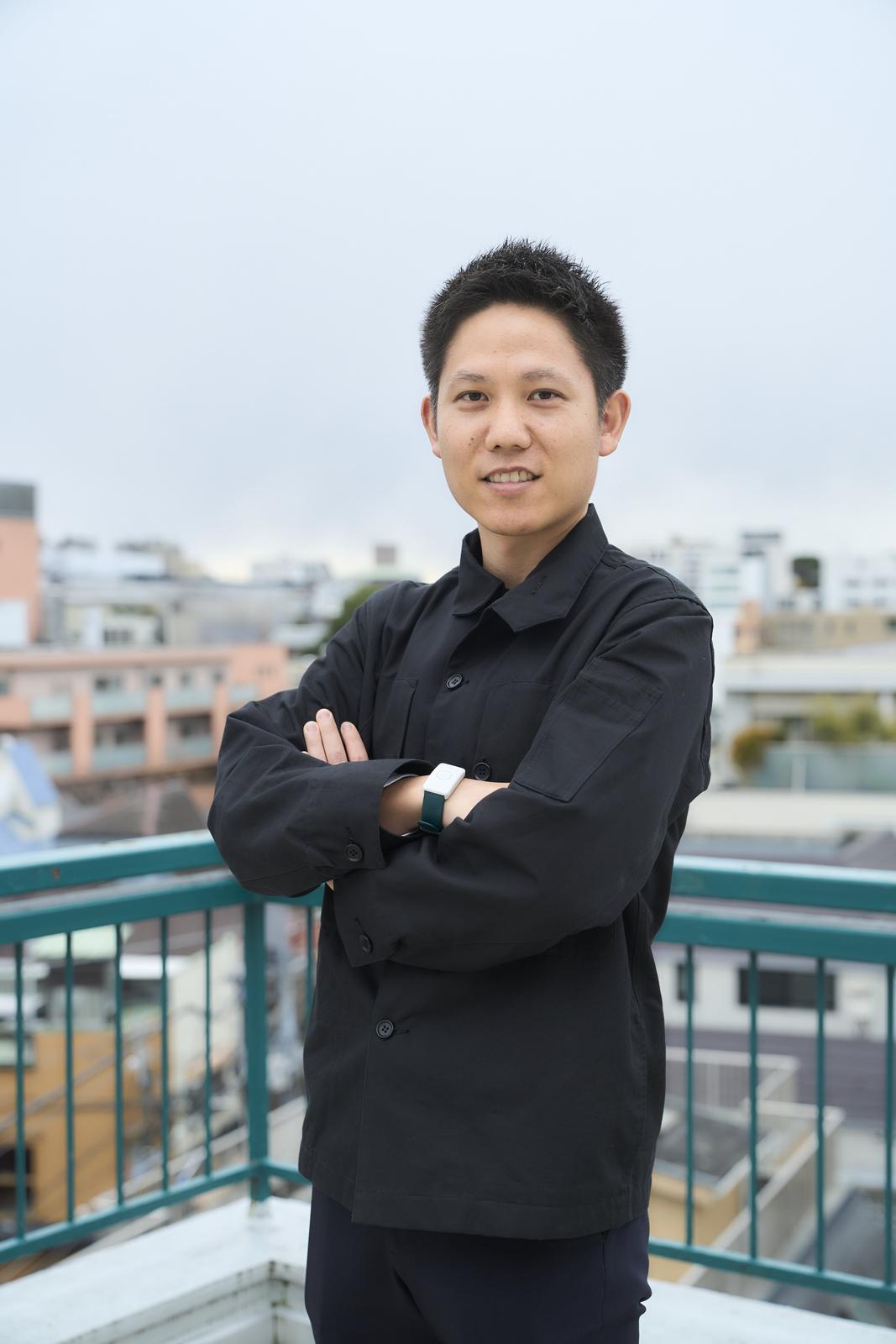Battling Heatstroke with Wearable Technology
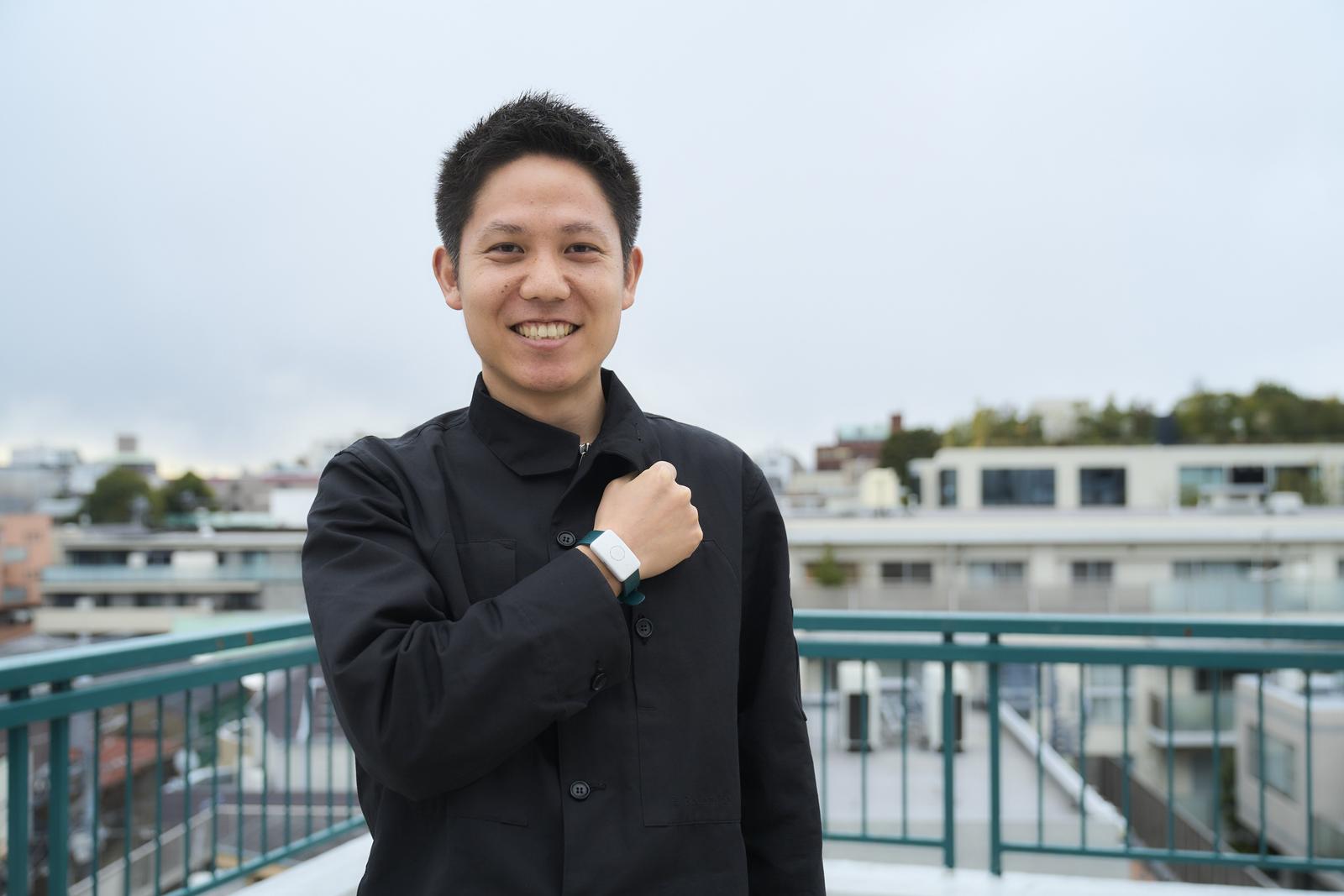
From Olympic Inspiration to Ongoing Innovation
When Tokyo prepared to host the Olympic and Paralympic Games Tokyo 2020, heatstroke countermeasures came into sharp focus. Athletes, volunteers, and spectators alike faced potential risks under the scorching summer sun. While solutions such as mist sprayers and frequent hydration breaks garnered media attention, Anzai Takeshi, CEO of Biodata Bank, believed these measures were still too reactive. "We asked ourselves if there was a more fundamental approach, one that could predict dangerous rises in body temperature before it was too late," he recalls.
By researching core body temperature—a concept explored in academic papers for over 50 years—the team recognized that heatstroke often stems from an internal temperature spike. Seeking a technology-driven way to monitor this vital indicator led Biodata Bank to develop its unique wrist-worn device.
The Wearable Revolution in Heat Protection
At the core of Biodata Bank's solution is a simple yet powerful idea: detecting the body's internal temperature trend before symptoms become severe. Their wrist device, once activated, remains operational for five months—covering the entire summer heat season—without needing daily recharges. This design choice was crucial for large-scale worksites, where charging hundreds of devices each night would be unrealistic. "For many of our clients, practicality is key," says Anzai. "They can't afford to pause operations just to maintain equipment."
By continuously monitoring body signals and estimating core body temperature, the device alerts users if they are nearing a risky threshold. This early warning empowers workers to take breaks, hydrate, or cool down, drastically reducing the chance of heatstroke incidents.
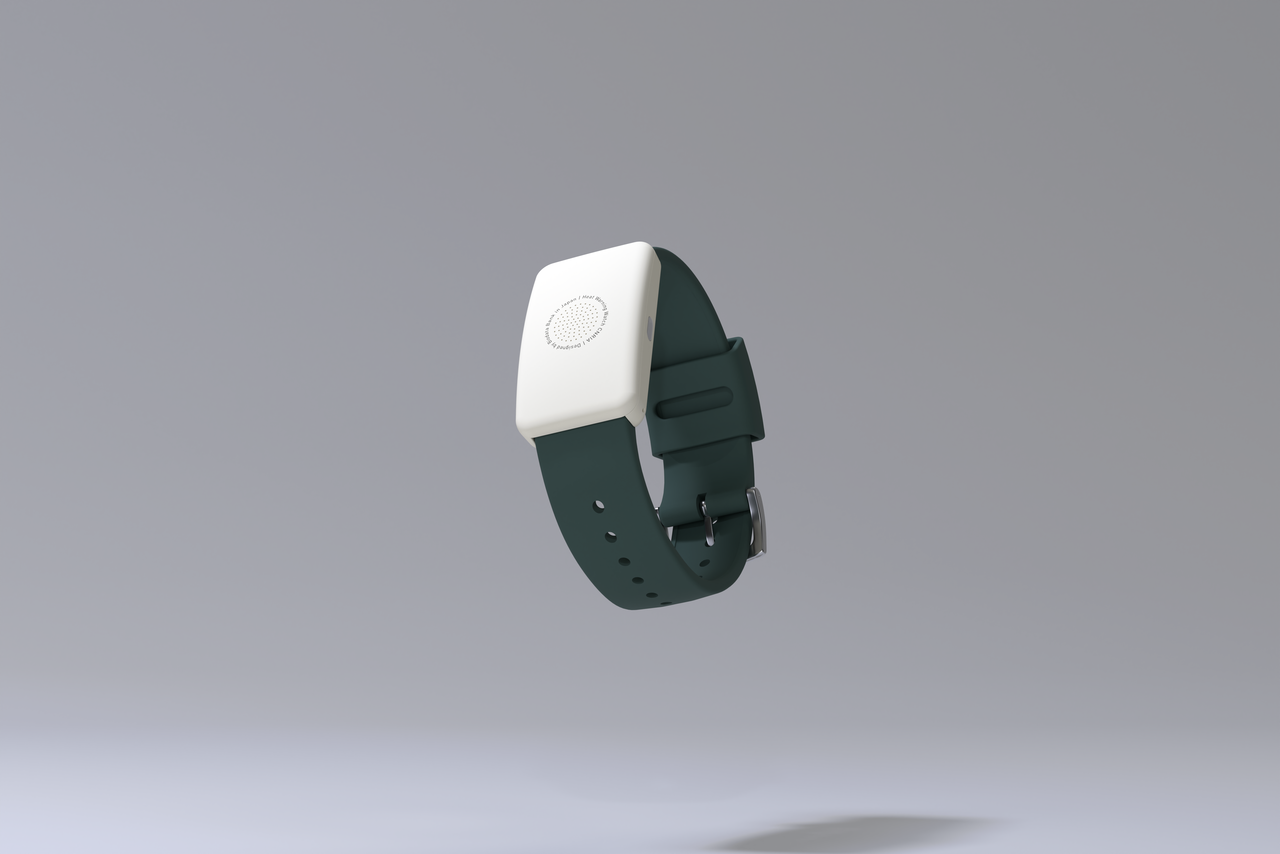
Pioneering Projects and Local Collaborations
Biodata Bank's device has been tested in challenging environments, from emergency services to heavy industry. Firefighters, for example, often operate in sweltering conditions, and even the fittest individuals can succumb to heatstroke if their core temperature rises too high. "In these trials, we saw just how quickly a body can overheat, even when someone is well-trained," Anzai notes. Companies running large-scale factory sites have also administered the wearable device to employees working near heat-emitting industrial equipment.
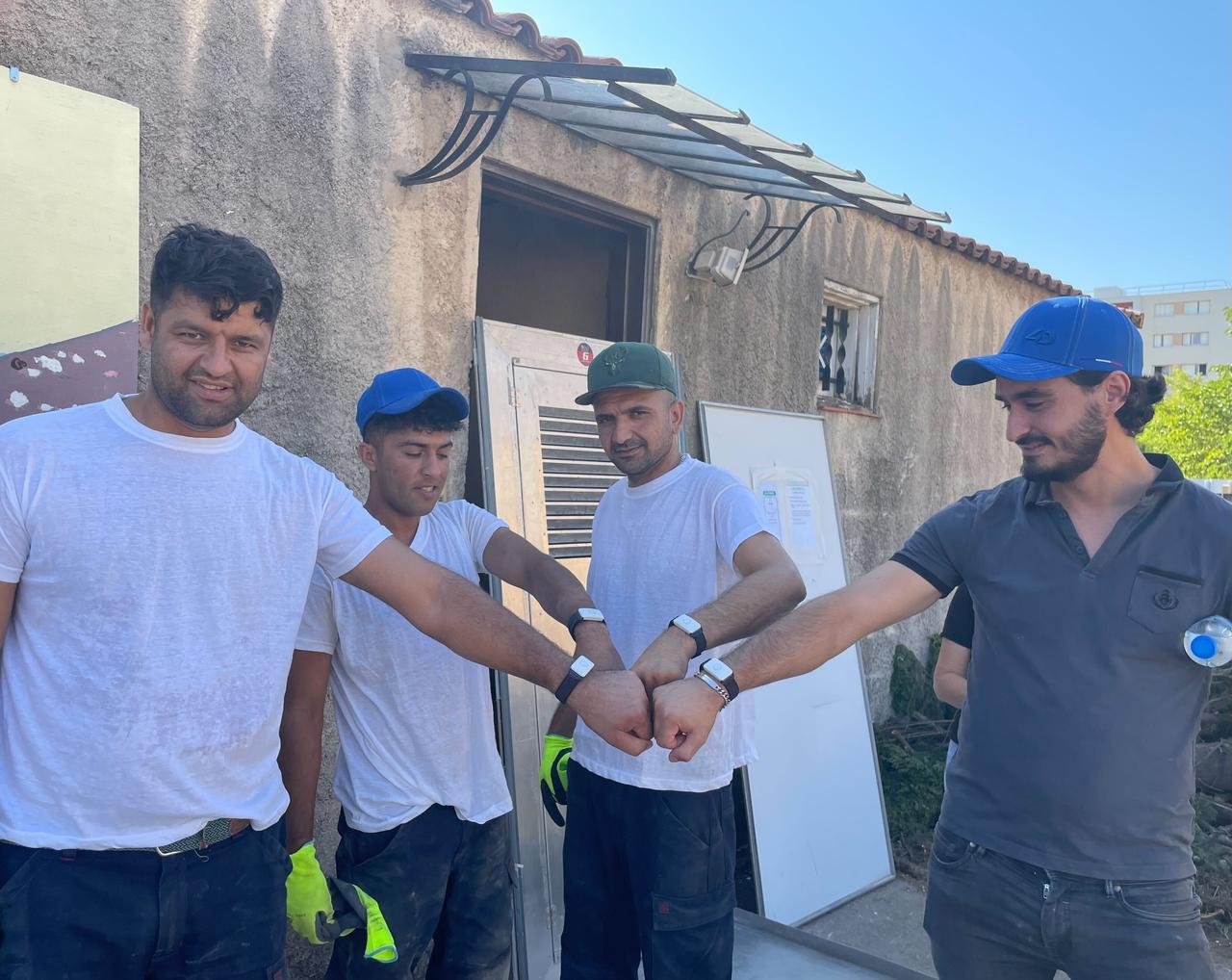
Beyond industrial and public safety settings, some schools have experimented with the device for student-athletes. While funding remains a challenge for universal adoption in education, the early results suggest that real-time temperature alerts can help young athletes avoid serious harm during intense summer training.
Taking Tokyo's Startup Spirit Global
With local success in Japan under its belt, Biodata Bank began looking abroad. In many regions, heat-related illnesses are a growing concern, and a data-driven solution resonates well with industries aiming to protect their workforce. Tokyo's dynamic startup ecosystem, along with programs like SusHi Tech Tokyo has opened important doors for the company. "SusHi Tech Tokyo 2024 gave us a platform to showcase our device, not just locally but internationally," says Anzai. "That kind of visibility is invaluable when we approach new markets."
By leveraging these networks, Biodata Bank has made inroads into areas where summer temperatures can exceed 50 degrees Celsius. Partnerships forged through such initiatives enable the company to collaborate with local entities that understand the region's climate challenges. This blend of technical innovation and strategic support underscores Tokyo's standing as a global hub for forward-thinking startups.
Pushing the Frontiers of Worker Well-Being
Beyond simply alerting users, Biodata Bank also collects data for deeper analysis at the end of each season. This information helps identify key risk periods and the operational factors linked to dangerous heat exposure. "Data is only useful if it informs better decisions," Anzai points out. Equipped with such insights, companies can craft targeted solutions by adjusting shift schedules or improving onsite ventilation.
In some cases, organizations have used the analysis to redesign workflows, moving particularly heat-intensive tasks to cooler parts of the day. Others have refined break schedules or introduced extra hydration stations. By integrating these steps with the device's monitoring, employers can maintain productivity without jeopardizing safety.
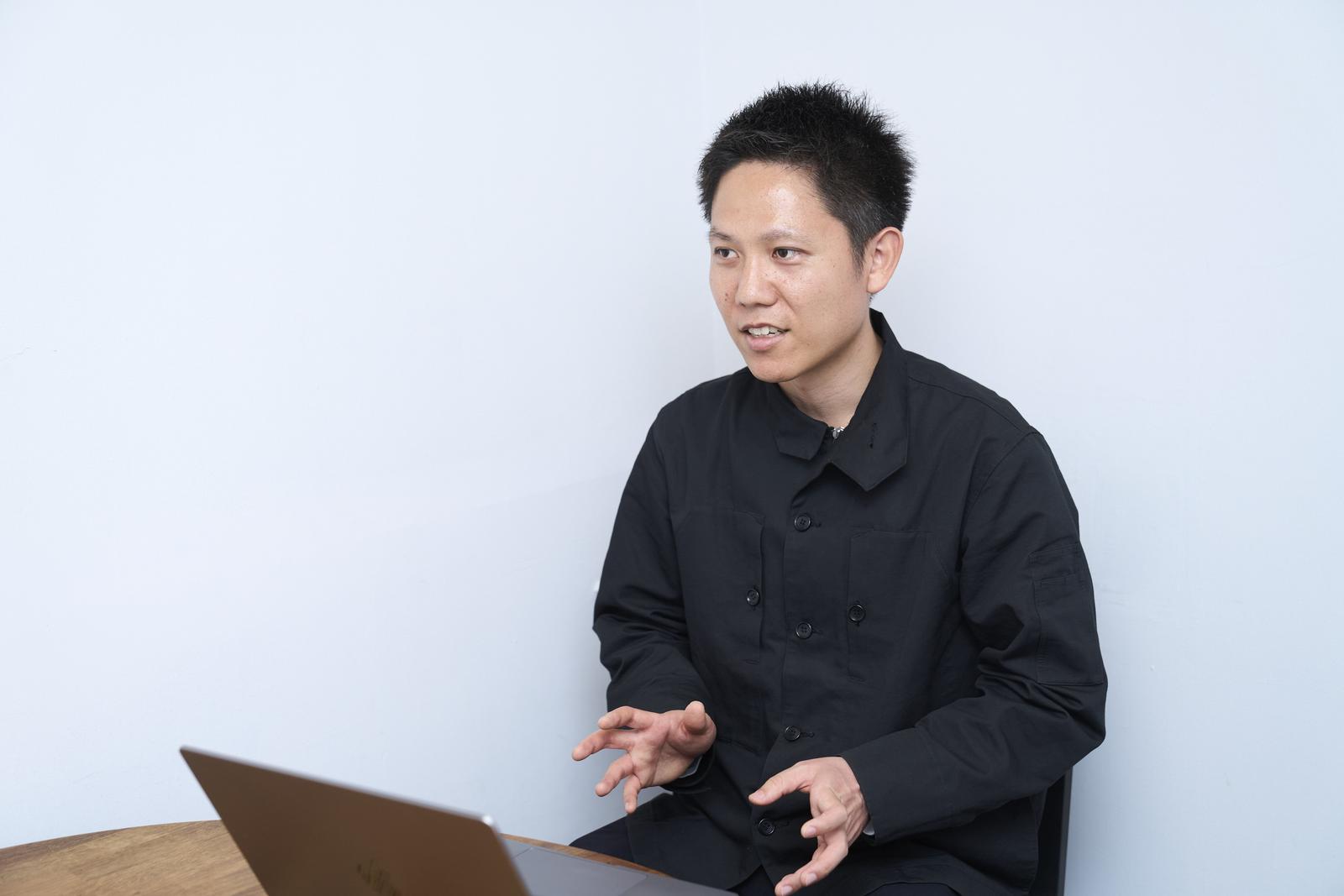
Practicality, Privacy, and the Path Forward
Biodata Bank's appeal stems from its intuitive design. Workers simply strap on the device, and once activated, it operates throughout the summer without requiring a recharge. Its low-maintenance nature makes it ideal for fast-paced environments where additional equipment or training could be difficult. Additionally, since the data is stored internally and accessed later, it alleviates concerns about continuous tracking.
Meanwhile, refurbishing and recycling the devices at the end of the season helps minimize waste. As the company continues to refine its product and analytics, it seeks to introduce new features that further enhance worker safety—all while maintaining the simplicity that has been key to the device's success.
Looking to a Safer Future
As climate change intensifies, heatstroke poses an ever-greater threat to workers everywhere. "Our mission is straightforward: preventing heatstroke," Anzai concludes. "By giving people timely alerts and actionable data, we can help them stay safe and maintain productivity, even in extreme conditions." In pairing technology with informed policies and proper training, Biodata Bank believes that its device can significantly reduce these dangers.
Though the path ahead involves refining hardware, enhancing analytics, and strengthening global partnerships, the company's progress thus far demonstrates that practical solutions can arise from a city known for its forward-thinking approach. For workers on scorching sites worldwide, a safer future may be just a wristband away. Backed by Tokyo's commitment to innovation, Biodata Bank stands poised to protect countless workers from life-threatening heat—proving that strategic technology can bring real relief in an ever-warming world.
Anzai Takeshi
Biodata Bank, Inc.
https://biodatabank.co.jp/en/
SusHi Tech Tokyo, short for Sustainable High City Tech Tokyo, is a Tokyo-based concept that aims to create sustainable new value by overcoming global urban challenges through cutting-edge technology, diverse ideas, and digital expertise.
SusHi Tech Tokyo | Sustainable High City Tech Tokyo
Photos by Fujishima Ryo






